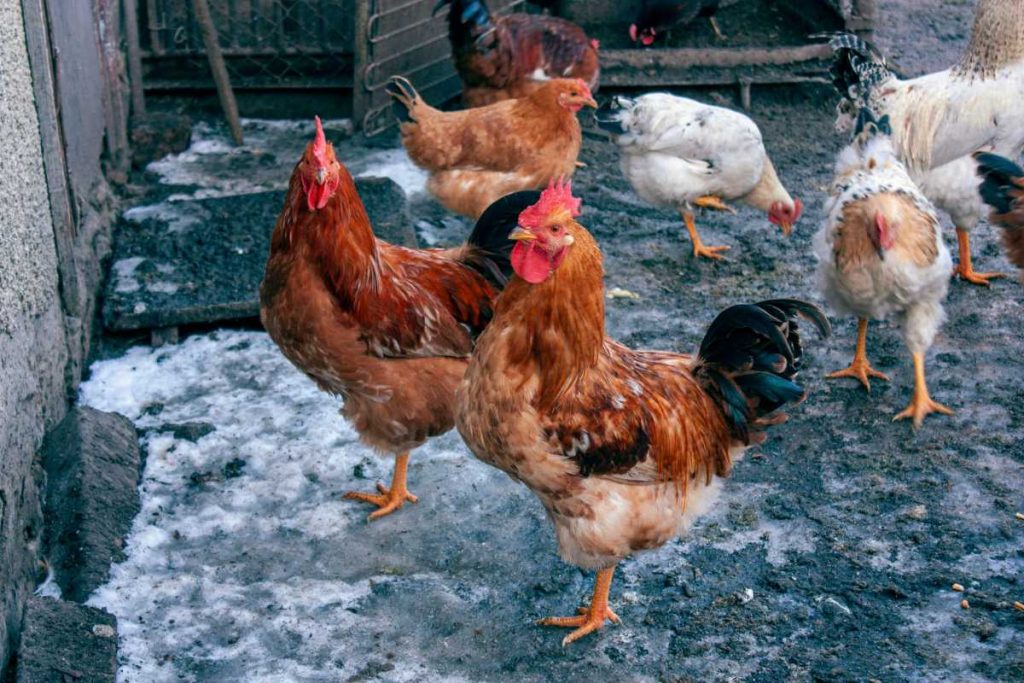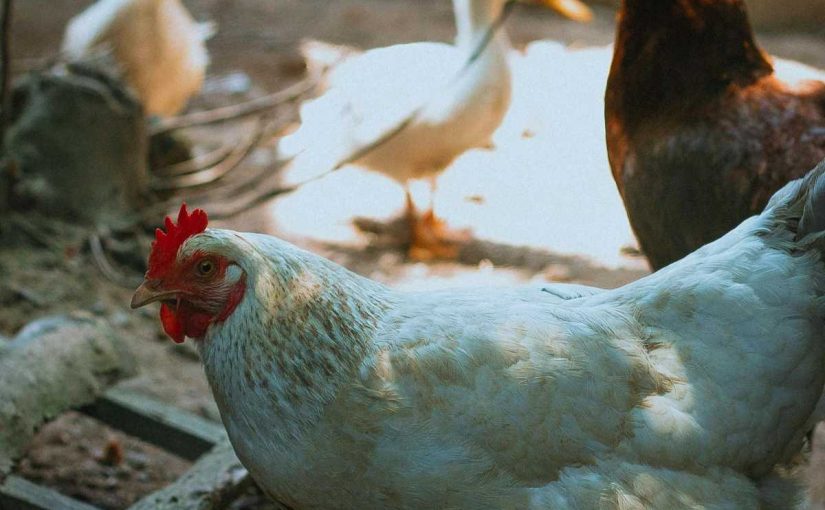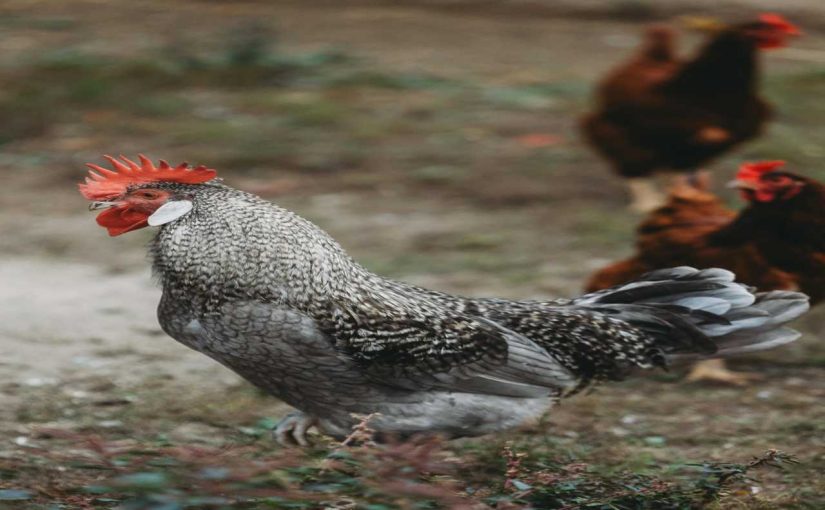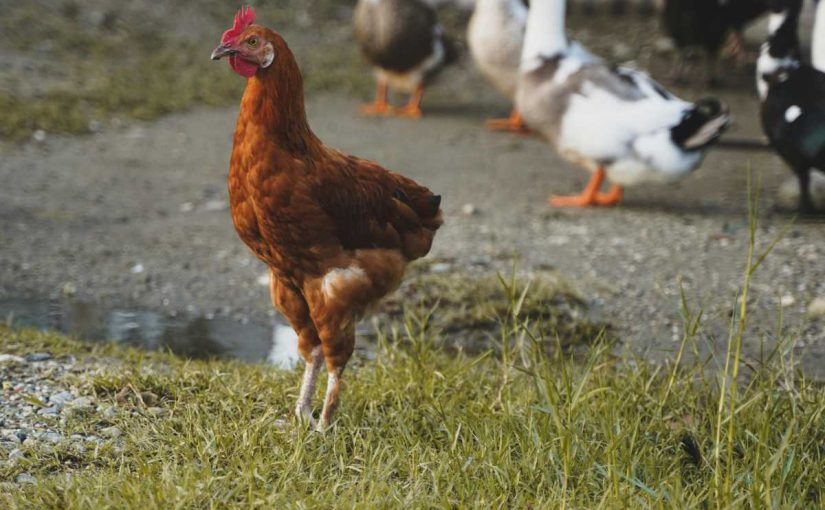Raising chickens can be a rewarding venture, providing fresh eggs and companionship while contributing to a sustainable lifestyle. However, to ensure the health and productivity of your flock, it’s crucial to adapt your care routines according to the seasons. Chickens have different needs in winter, spring, summer, and fall, and being aware of these changes can help you keep your birds happy and healthy throughout the year. In this blog, we’ll explore the seasonal care for chickens and what you need to do year-round to maintain a thriving flock.
Spring Care for Chickens
As the weather begins to warm up and flowers start to bloom, spring is an important time for chicken care. Here are key tasks to focus on during this season:
1. Spring Cleaning
- Thorough Coop Cleaning: Start the season with a deep clean of your coop. Remove all bedding and waste, scrub surfaces with a vinegar-water solution, and replace with fresh bedding. A clean environment reduces the risk of disease and parasites.
- Inspect for Damage: Check the coop for any winter damage, including holes or cracks that might allow predators to enter. Repair any issues to ensure the safety of your flock.
2. Health Check
- Vaccinations: Spring is an excellent time to vaccinate your chickens against common diseases. Consult with your veterinarian for recommended vaccinations based on your region.
- Flock Health Monitoring: Examine your chickens for any signs of illness, such as lethargy, respiratory issues, or changes in egg production. Early detection can prevent the spread of illness in your flock.
3. Nesting Boxes and Broodiness
- Prepare Nesting Boxes: As your hens start laying more eggs, ensure that the nesting boxes are clean, comfortable, and well-stocked with bedding material.
- Watch for Broodiness: Some hens may go broody during spring. If you want to hatch chicks, consider allowing them to sit on eggs; otherwise, you may want to gently discourage broodiness by removing them from the nesting area.
4. Introduce New Birds
- Flock Integration: If you’re planning to add new chicks or adult chickens to your flock, spring is a great time. Introduce new birds gradually to reduce stress and minimize pecking order issues.
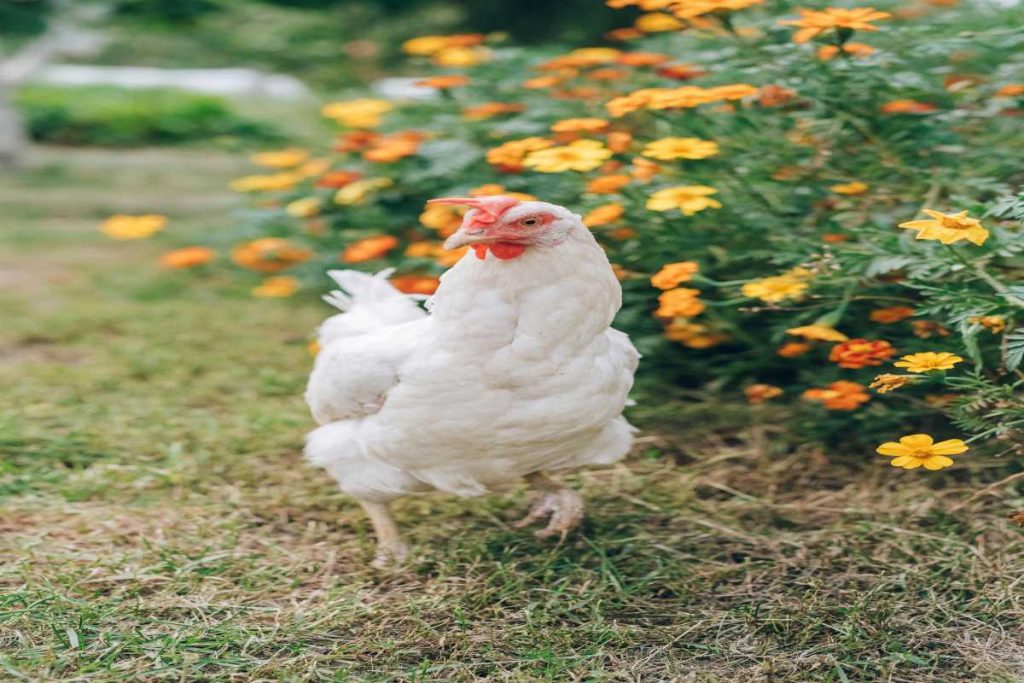
Summer Care for Chickens
Summer brings warmth, longer days, and increased activity for your chickens. However, the heat can also pose challenges. Here are essential care tips for the summer months:
1. Hydration and Cooling
- Fresh Water Supply: Ensure your chickens have access to fresh, clean water at all times. In extreme heat, consider adding ice cubes or using waterers with a cooling system.
- Shade and Ventilation: Provide shaded areas in the run where chickens can escape the sun. Ensure the coop is well-ventilated to keep the air cool and reduce the risk of heat stress.
2. Nutritional Needs
- Feed Adjustments: Chickens may eat less in the summer due to the heat. Ensure they have access to high-quality feed and consider providing kitchen scraps, greens, or fruits to encourage hydration and nutrition.
- Monitor Weight: Keep an eye on your chickens’ weight. Adjust feeding practices to prevent obesity, especially in heat-sensitive breeds.
3. Pest Control
- Insect Management: Summer is prime time for pests such as flies, mites, and mosquitoes. Regularly clean the coop, use natural repellents, and consider diatomaceous earth in dust baths to help control infestations.
4. Free-Range Opportunities
- Foraging: Allow your chickens to free-range if possible. This not only provides them with natural food sources but also helps reduce boredom and keeps them active during the summer.
Fall Care for Chickens
As temperatures begin to drop and leaves change color, it’s time to prepare your flock for winter. Fall care is crucial for transitioning your chickens into the colder months:
1. Pre-Winter Coop Preparation
- Insulation and Ventilation: Insulate your coop to help retain warmth during winter. Ensure that ventilation is maintained to prevent humidity build-up, which can lead to frostbite.
- Repair Damage: Check for and repair any damage to the coop or run to ensure it is secure against winter weather and predators.
2. Health and Nutrition
- Winter Nutrition: As days shorten and temperatures drop, consider switching to a high-protein feed to help your hens maintain body heat and energy levels.
- Health Checks: Monitor your chickens for signs of illness, as they may be more susceptible to respiratory issues in colder weather.
3. Lighting Considerations
- Supplemental Lighting: If you want to maintain egg production through the winter, consider adding artificial lighting to the coop. Aim for about 14 hours of light per day to encourage laying.
4. Preparing for Molting
- Monitor Molting: Many hens will molt in the fall, which is a natural process where they shed and regrow feathers. During this time, provide extra protein to support feather regrowth.
Winter Care for Chickens
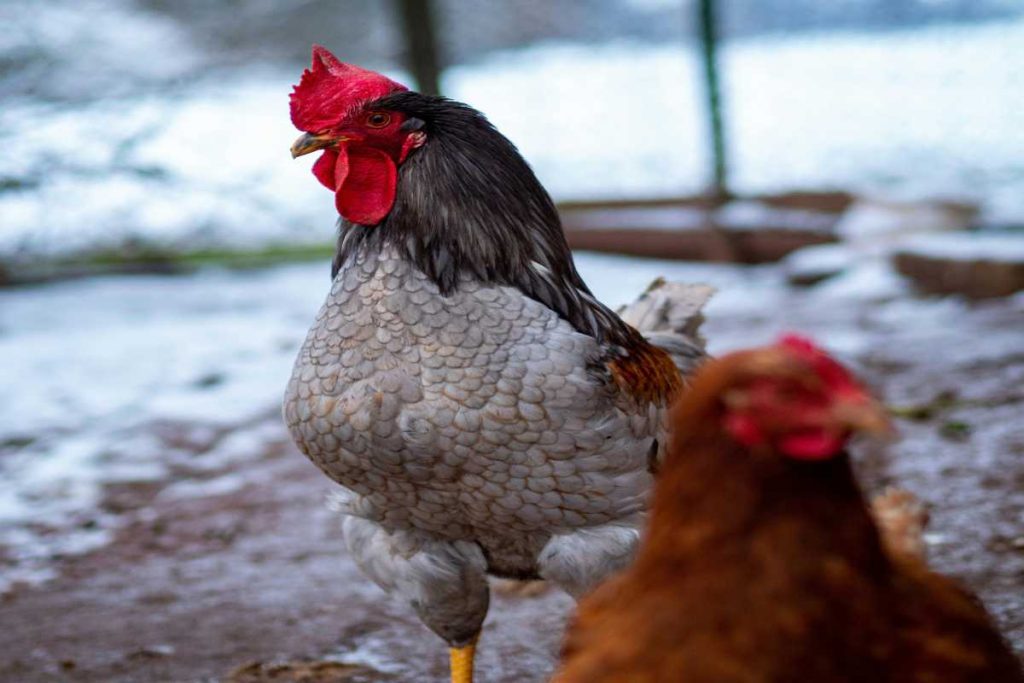
Winter can be tough on chickens, but with proper care, your flock can thrive even in the coldest months. Here’s how to manage your chickens in winter:
1. Warmth and Shelter
- Cozy Coop: Ensure the coop is insulated and draft-free. Provide extra bedding, such as straw or wood shavings, to help keep them warm.
- Heat Sources: In extremely cold climates, consider using heat lamps or heated waterers, but be cautious to prevent fire hazards. Always monitor temperature and humidity levels.
2. Water and Feeding
- Prevent Frozen Water: Ensure that your chickens have access to unfrozen water at all times. Use heated waterers or change water frequently to keep it from freezing.
- High-Energy Feed: Provide a high-energy, nutritious diet to help them maintain body heat. This may include adding extra grains or protein sources.
3. Outdoor Access
- Encourage Outdoor Time: If the weather permits, allow your chickens to go outside on sunny days. They enjoy scratching in the snow and getting fresh air, but be mindful of their comfort and safety.
- Snow Safety: If snow covers their run, consider creating paths to help them navigate and forage safely.
4. Health Monitoring
- Regular Health Checks: Keep an eye on your chickens for any signs of frostbite, especially on combs and wattles. Monitor their overall health and egg production closely.
Conclusion
Seasonal care for chickens is essential to maintaining a healthy, productive flock year-round. By adapting your management practices to the changing seasons, you can ensure that your chickens remain happy and healthy, maximizing their egg production and well-being. Whether you’re dealing with the heat of summer or the chill of winter, a proactive approach will help you navigate the unique challenges each season presents. Happy chicken-keeping!

